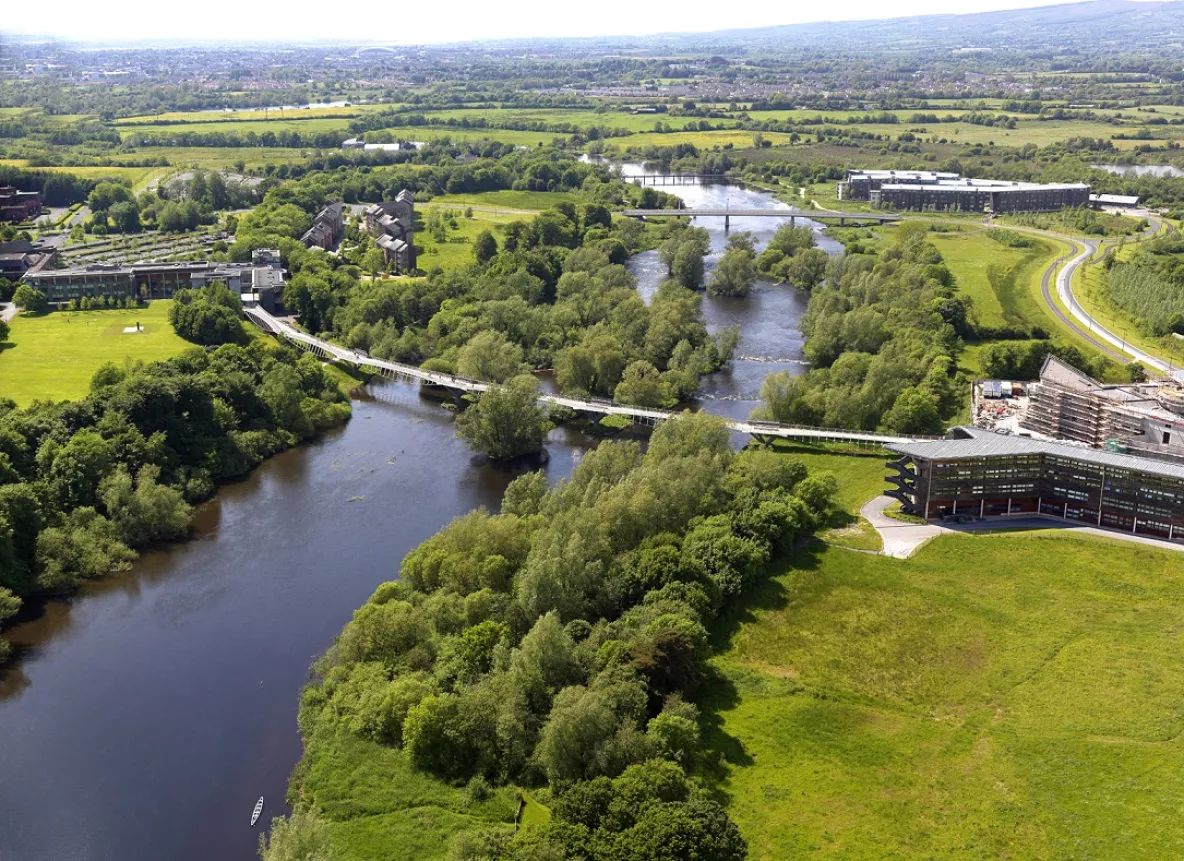
The Knowledge for Change Programme (K4C) is a UNESCO initiative that aims to ensure that engagement between higher education institutions and local communities is of the highest standard and that resulting outcomes are mutually beneficial.
The UL K4C hub is only the second of its kind to be established in Europe.
The initiative recognises the great potential for positive social change that can come about through genuine partnership and collaborative research. K4C is part of UL’s commitment to engagement in the UL@50 Strategic Plan 2019-2024, which outlined an aim to ensure that “engagement with the city and region enriches communities and enhances opportunities for all who live there”.
UL’s involvement in the programme was made possible through funding from the Higher Education Authority and through the support of the Limerick City Community Development Project and Limerick City and County Council, both of whom are long standing University partners.
The establishment of a K4C hub at UL provides an exciting opportunity to develop innovative curriculum and to design training and educational opportunities for the next generation of community-based participatory researchers.
UL Vice President Academic Affairs and Student Engagement Professor Kerstin Mey said: “UL welcomes the launch of the UL UNESCO Knowledge for Change programme. This initiative marks our commitment to undertake meaningful community engagement, community-based education and engaged research.
“We value our community partnerships and hope through K4C to further develop these partnerships,” she added.
Dr Budd Hall, co-chair of the UNESCO Chair in Community Based Research and Social Responsibility in Higher Education, officially launched the UL K4C Hub this Tuesday at St Munchin’s Community Centre in Kileely, which has collaborated with UL on a number of community initiatives.
Speaking at the launch, UL lecturer Dr Maura Adshead, K4C Hub co-ordinator and course director for the Community Wellness, Empowerment, Leadership and Lifeskills (CWELL) programme, said: “UL becoming a UNESCO K4C hub is a wonderful opportunity for UL to engage in an effective and meaningful way with local communities. It promotes equal participation and has the concept of co-design at its core.”
Carl Corcoran of the Irish World Academy of Music and Dance at UL was MC at the launch, which was preceded by an arts-based workshop. Musicians from the IWA also performed.
Dr Hall was presented with an Irish language version of the Community-Based Participatory Research (CBPR) training manual as one of the principles of the global K4C project is to promote local and indigenous languages in CBPR. He also got a Limerick GAA hat.
K4C seeks to build engagement capacity both within UL and local communities, and in particular, to increase the opportunities to undertake community-based participatory research. Several UL staff and community-based practitioners have been trained by UNESCO to provide K4C mentorship to local communities and to colleagues.
Recognition as a K4C hub allows UL access to an international network of K4C hubs, which increases shared learning, comparative research and potential future collaborations.
In relation to K4C, there is a strong emphasis on developing engagement around sport, languages and culture, STEM and health. The importance of indigenous knowledge and language is strongly promoted globally by UNECSO K4C. Community engagement through Irish will be a key aspect of the UL K4C hub with programme content and resource material available in Irish as well as English.
The University is already actively engaged with the local community, as evidenced by the CWELL programme, which is an example of a community based education programme facilitated by UL.
The programme, which is designed by communities, for communities, looks at the issues of wellness, empowerment, leadership and life skills. Students are drawn from the community and generally are in leadership roles within their communities.
The CWELL programme requires students to identify a need in their community and to design a response to that need. The practical skills gained on the programme enhanced by students own lived experience increases their capacity to be a catalyst for change. The development of CWELL is overseen by UL in partnership with local organisations.